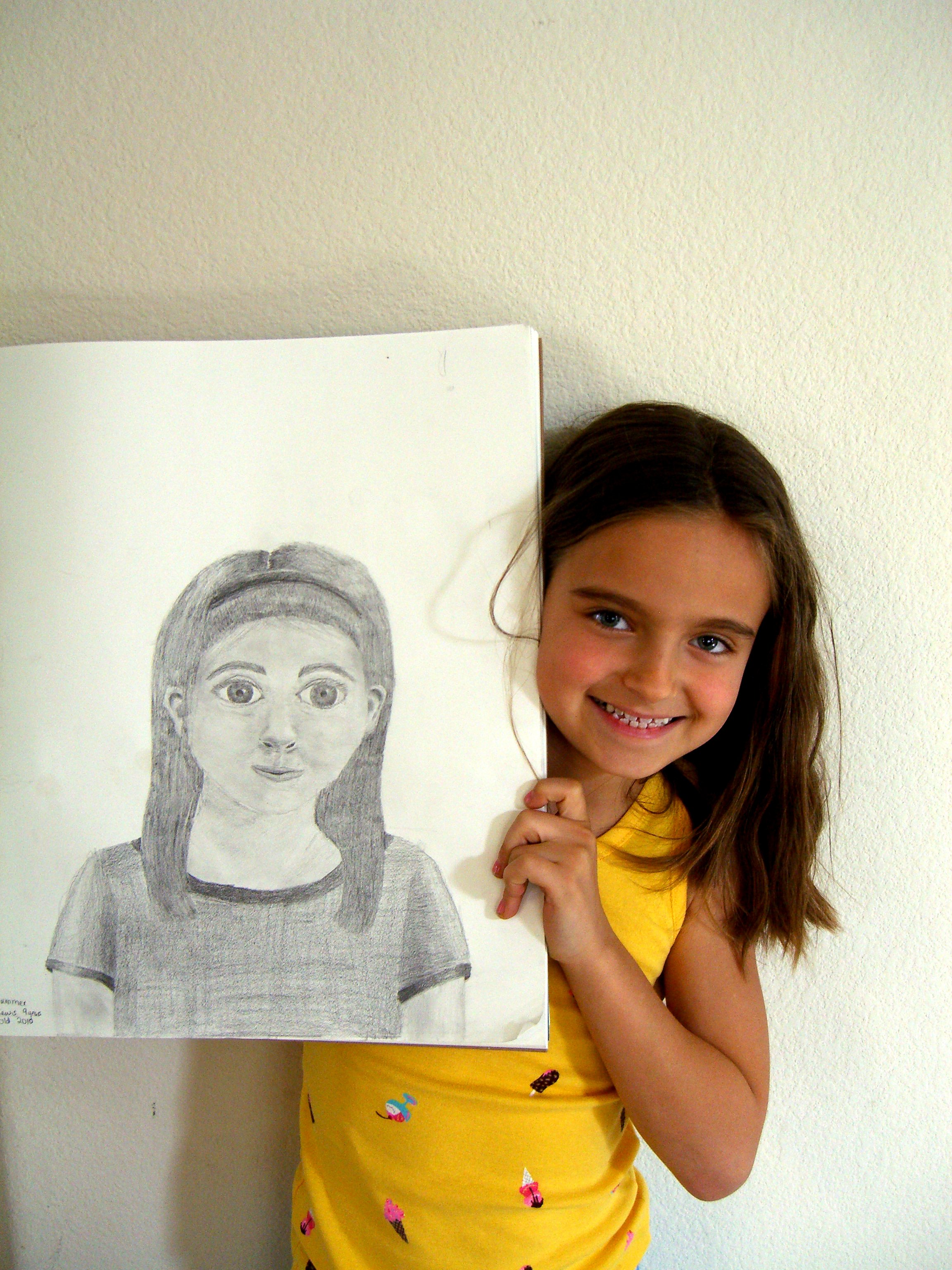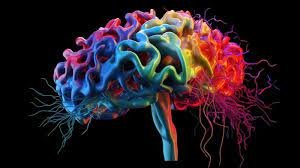
Still life paintings are yesterday's Foodie Instagram
Still life paintings are yesterday's Foodie Instagram

Why Take Drawing Lessons?
You Used to Love Drawing
Then something happened:
They told you you couldn't draw well.
You couldn't figure out how to make it look "right".
They told you, you didn't have "the eye" for it.
When you were young, they said, "Better stick to writing/basketball/math" or later, "Better stick to your day job".
Only the people who taught themselves were able to draw, and they were called, "talented".
"Creativity Scars" (as referred to by Brene Brown) are real and can be quite painful. So why take drawing lessons?
However, they are not the whole story, nor are they the end of the journey.

"Tweaking Is Essential to the Drawing Process" (If Steve Jobs Did It, Why Won't You?)
A form of "analysis paralysis" I see my adult drawing students commonly put themselves through is the idea that they have to get something drawn correctly the first time they draw it. This drive for perfection straight out of the gate is horrible for our self-esteem, especially when we're faced with a task we have not yet mastered! I often remind students that they don't know how to imagine the perfect drawing in their head because they have to use their fine motor skills to actually execute the drawing. Fine motor skills are a factor within their control, but more often than not those skills are underdeveloped in adulthood. Because of that, the moving of the hand is a game changer- you can't just "picture it" and be done! And if you're like most of us, you need to be prepared for making adjustments.

In Honor of Veterans Day, LZM Studio and Small Victories Foundation Offer Drawing Lessons for Veterans
This Veterans Day, help spread the word about an incredible scholarship opportunity for veterans! Through my partnership with Small Victories, I’m offering drawing lessons to students recovering from traumatic brain injuries. Small Victories, founded by Derrick and Cindy Wright, is an inspiring organization that empowers individuals like Derrick, a veteran who sustained a brain injury while serving in Iraq, to find healing and purpose through art.
Art can be a powerful tool for recovery, fostering community, and achieving meaningful milestones. I’m honored to contribute to this mission and invite you to join us in supporting their work. Learn more about Derrick’s journey, explore the scholarship opportunities at LZM Studio, and consider donating to help veterans rediscover hope and purpose through creativity.
Share this with the veterans in your life and thank them for their service!

One Small Reason You Want Me to Teach Your Kids How to Draw
My personalized drawing lessons go beyond art, creating a space where kids grow creatively and personally. I’m honored to be part of my students' “local family,” guiding them as they achieve milestones, like Phoebe’s conservation patch for the Austin Zoo.
Each week, I become more than a teacher—I’m a trusted confidante and ally, fostering creativity and building meaningful connections. From celebrating achievements to sharing life lessons, I’m here to inspire young minds while supporting both kids and parents. Choose drawing lessons where your child can learn, grow, and thrive!

Making Art Is Good for Your Brain
Making art isn’t just a creative outlet—it’s a brain booster! Recent studies are now backing up what many of us have known intuitively for years: creating art enhances brain function. Whether you're a youngster, an older adult, or somewhere in between, the process of making art has positive cognitive effects. A study focused on newly retired individuals (ages 62-70) found that engaging in art-making can delay or even reverse age-related cognitive decline. In contrast, simply learning about art through appreciation showed no such benefits. The key lies in the active "doing" of art, which engages your hands, eyes, and brain in complex ways. This form of global thinking helps improve cognitive function by combining small details with the big picture. Don't just read about it—get your hands in the paint, and boost your brain!

Will Learning to Draw as a Child Change Your Brain as an Adult?
Many wonder if learning to draw as a child can change your brain as an adult. From my experience teaching kids, I can confidently say it does. Drawing helps children see the world differently, creating lasting cognitive changes.
A Northwestern University study shows that childhood music lessons result in long-term brain changes in adults. Could drawing have a similar impact? It’s a question worth exploring!
Want to Learn More?
Read the study on childhood learning and its effects on adult brain function. Click here to explore!

First Art Loves
While working with a client yesterday, I was reminded of my first "art love"—the awe of standing before Monet’s Rouen Cathedral, Façade (Sunset). Art love is that moment when a painting captivates you, making you fall in love with the beauty of the physical object itself. Monet’s work, like his interpretation of light and movement, captures the essence of the world in a way that’s both mesmerizing and transformative.
I shared with my client how transitioning from the precision of drawing to the expressive freedom of oil painting mirrors Monet’s journey. His art challenges traditional perceptions, blending boundaries and embracing the fluidity of light. Monet's vision reminds us that beauty is ever-changing, and we’re lucky to experience it.
